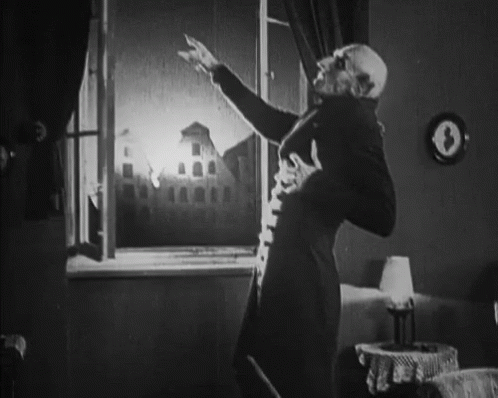Excerpt: Introverts are not Magical and Special People; they can be assholes like everyone else.
Introverts are not Magical and Special People; they can be assholes like everyone else. They are ordinary people, not minor gods.
In the last many months, a number of pieces about how introverts are special but deeply misunderstood have been circulating on social media. For the most part, these are listicles masquerading as actual articles and detail how cute and adorable introverts really are, and how everyone needs to take the time to get to know them or, preferably just leave them alone.
It amuses me that a group of people who are apparently reclusive, shy, and abhor too much human contact are the ones now, apparently, bent on letting everyone know everything about themselves.
I’m also, frankly, just irritated with this spate of recent interest in introversion which hints at more than simple explanations about introverts and wants to establish that they are in fact Very Special Snowflakes.
Look: Most people are somewhere in the middle or, really, keep sliding up and down the scale, depending on the situation. They are introverted in some situations and extroverted in others. Put me and, I suspect, many of you, in a group of people obsessed with nothing but their children, and I will lock myself in a closet. Put me in a group of friends chatting about our animals, and I will probably be the center of attention (because nobody, but nobody, beats my Dearly Departed Toby as the star of great cat stories). I also know exactly what Catherine Woodyard means when she writes, “I’m a card-carrying introvert and I have an embarrassingly loud voice that I have to work to keep in check.”
Seriously: it’s one thing if you’re the sort who prefers, say, small groups over large crowds. It’s quite another if you’re someone who is so painfully shy that you hate being at parties (and why are you there in the first place?). If you can’t stand being around crowds or any other people ever, you should probably get some serious help.
The same, of course, is true, if you’re the kind of extrovert who can’t survive without attention and can never be alone. In both extremes, there is usually more going on, and that “more” often indicates a degree of compensation or worse.
No, neither introversion nor its opposite (which, in the current conversation is implicitly marked as a far less desirable trait, as if extroverts simply should not be taken seriously) needs to indicate any dark problems. But could we just stop fetishising introversion? I also find it amusing that a lot of people who are anything but introverted are now pretending to be such and, frankly, in many cases, as Woodyard also points out, introversion is simply an excuse for being rude. In the current conversation, introversion is turning into a version of Untapped Genius, a rare and beautiful trait we must all now train ourselves to recognise and support, no matter how appalling the behaviour of those who claim to be Introverts.
It’s true that introversion has been sharply stigmatised. And as Christopher Lane’s excellent book recounts in detail, shyness was once normal behaviour before being classified as an illness. I get it. People who like spending time by themselves are often and immediately painted as Unabombers in the making. But this new shift to the other extreme, with introversion becoming practically an identity unto itself, rather than being recognised as a set of responses to particular situations, is over the top.
Let’s drop the extremes and think of introversion and extroversion as existing on something like the Kinsey Scale. Think of how sexuality can be contingent and not fixed, or fixed for some and more contingent for others. And think how you’d never be going around sharing lists about how fucking cool and secretly adorable certain sexual orientations are, right?
Right.
***
Don’t plagiarise any of this, in any way. I have used legal resources to punish and prevent plagiarism, and I am ruthless and persistent. I make a point of citing people and publications all the time: it’s not that hard to mention me in your work, and to refuse to do so and simply assimilate my work is plagiarism. You don’t have to agree with me to cite me properly; be an ethical grownup, and don’t make excuses for your plagiarism. Read and memorise “On Plagiarism.” There’s more forthcoming, as I point out in “The Plagiarism Papers.” If you’d like to support me, please donate and/or subscribe, or get me something from my wish list. Thank you.

